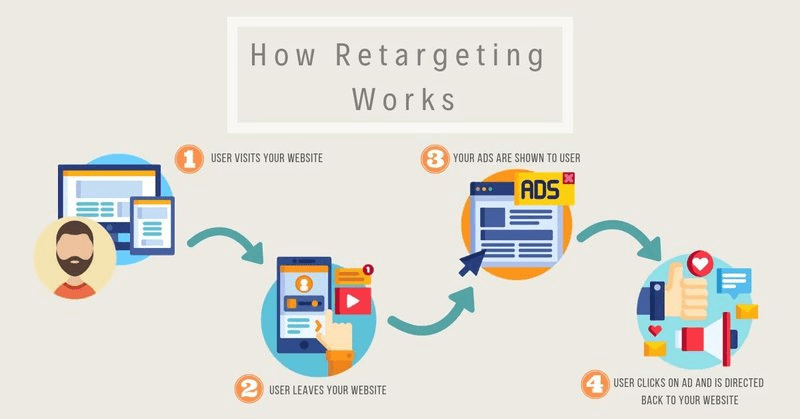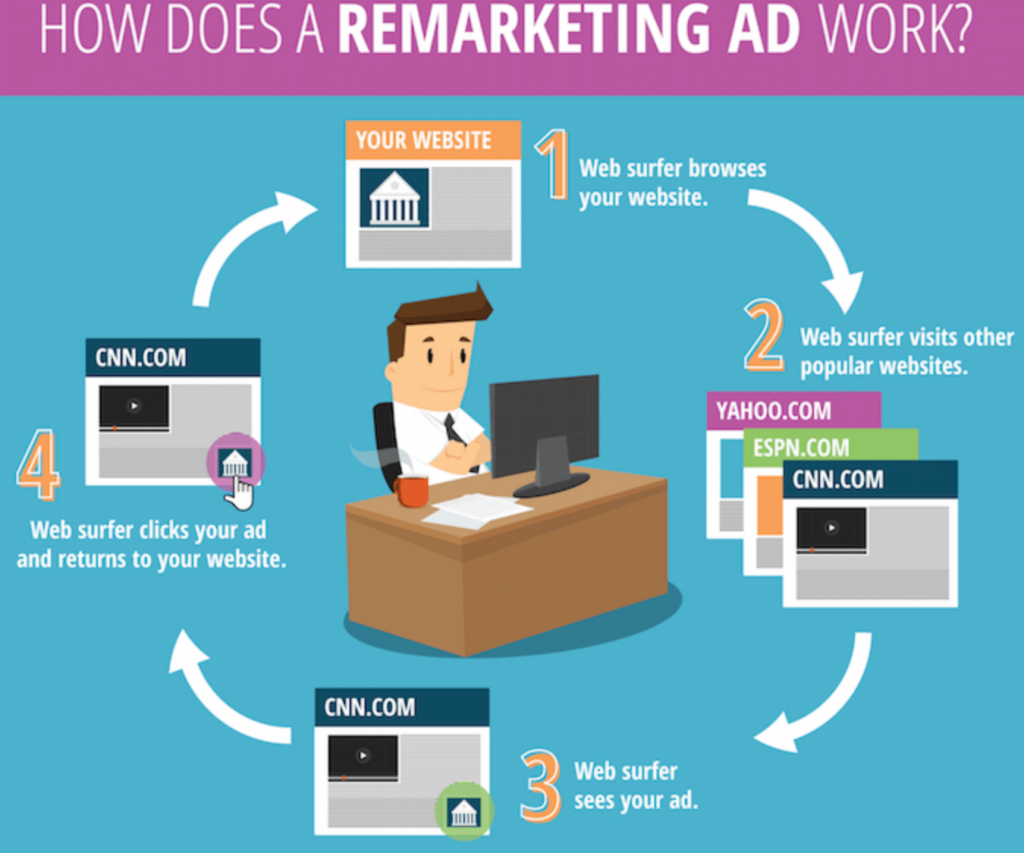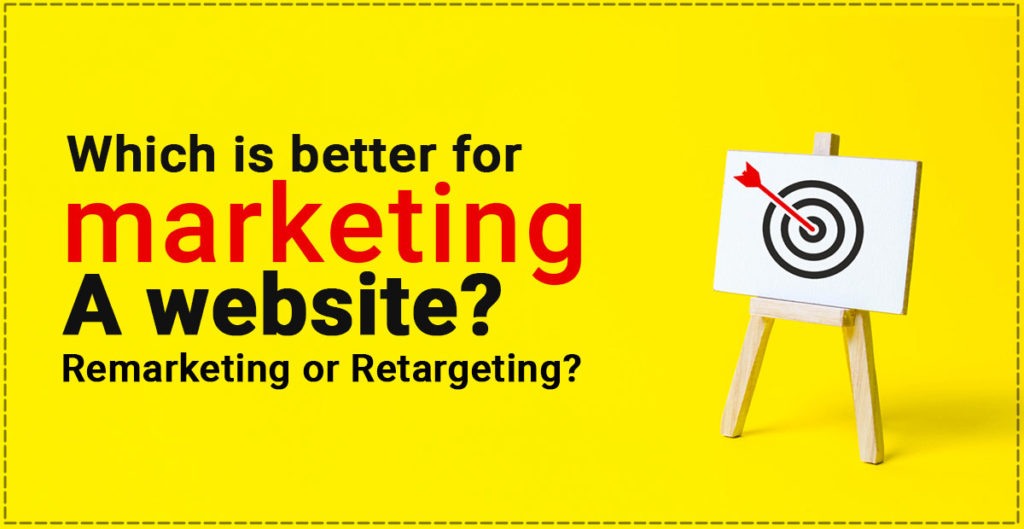How do you know if you should use Remarketing or Retargeting? Both options have their benefits, and choosing the right one can be tricky, especially if you aren’t sure which one will provide the best ROI (return on investment). In this article, we’ll discuss the differences between remarketing and retargeting and help you decide which option makes the most sense for your business.
What are Remarketing or Retargeting?

It’s easy to assume that remarketing and retargeting are one and the same, but they’re not. Remarketing and retargeting are both forms of online marketing that help marketers find and reach potential customers. Both methods help remind customers about products they were interested in, as well as other items from your site.
Remarketing is targeting visitors who have been to your site before and encouraging them to return. Most remarketing happens on third-party websites via ads that you create; as visitors view other sites within that network, your ads appear in order to bring them back.
How does Remarketing work?

Remarketing (Remarketing Ad Campaigns) is an automated form of targeted advertising. As you browse around a site, cookies are installed on your computer by each advertiser who has placed ads on that site. These cookies remember that you’ve visited that site, which allows advertisers to target those who have already expressed interest in their products through searches and browsing.
For example, if you visited Amazon recently, then Re-marketing techniques can serve up advertisements related to whatever products you looked at on Amazon. It’s important to note that you don’t need to be logged in to any accounts when visiting other sites—cookies can simply monitor what sites you visit while logged out.
How does Retargeting work?
Re-targeting (Re-Targeting Ad Campaigns) requires you to re-use online advertising (such as Google AdWords) in order to present your ad to people who have already visited your site. If a person has already been to your site, he will recognize it upon seeing it again and might decide that he wants to make their first buy or make another purchase on that particular product.
An individual can be re-targeted through numerous online outlets such as banners, pop-ups, RSS feeds, and so forth. The main purpose of retargeting is simple: It allows advertisers to get their ads back in front of interested prospects with little effort on their part. As I stated earlier, re-targeting isn’t necessarily more effective than remarketing but it does have its place in an overall marketing campaign.
Retargeting ads serve to make sure that users are reminded of your brand. They pop up on sites as banners and show up in search engine results, so people see your ads even if they’re not actively searching for something you offer.
Retargeting works best when it’s used in combination with other tactics, such as SEO or blogging, to reach potential customers at every stage of their journey with your brand. That way, everyone who lands on your page will be primed to learn more about you and what you do—even if they aren’t ready to buy immediately.
Which one is more effective
Both remarketing and retargeting can be incredibly effective forms of online advertising, but which one is more effective? While remarketing and retargeting are similar in many ways, there are some key differences that can help you make an informed decision about which option is best for your business.
Both methods target people on other websites that they visit. The main difference between them is that remarketing targets individuals based on past activity, while retargeting uses cookies to target consumers based on their browsing history. As you can see, both techniques operate in much of the same way, except when it comes to advertising.
Best practices
Sometimes, it’s just easier to speak in terms of best practices. For retargeting, that means simple: make sure your retargeting campaign has an established look and feel and target site visitors based on their page views instead of directly targeting users.
This will help prevent awkward situations where users are being targeted for products they’ve already expressed disinterest in. Similarly, remarketing should be used as an amplification tactic to build on a user’s existing interest or influence them towards purchases—especially on mobile devices which force you to be more subtle with ads.
Once someone shows interest by visiting your site, it makes sense to give them another chance to learn about other products if they haven’t already converted.
Tools
The main difference between remarketing and retargeting is that remarketing refers to display ads to people who’ve visited your site before. These are highly-targeted ads, shown only to those users who you know have already expressed interest in your brand. With retargeting, on the other hand, your ad may be shown multiple times to the same person, even if they have previously visited your site but not made a purchase.
For these reasons, many marketers prefer retargeting for website promotion because it can result in more sales at less cost per sale than remarketing can. Some of the best tools for these tactics include Facebook and Google AdWords (which are both free), as well as ad networks such as AdRoll and Perfect Audience (which require payment).
Conclusion
There are many differences between these two but in reality, they complement each other and you can use them together. Once you understand what both of them are, then you can make an informed decision about whether you want to use one more than another.
If your retargeting ads have good landing pages and conversion tracking on your remarketing ads, then it doesn’t matter which is better because, with good planning, they will both help improve your business.
Try them both out and see what works best for your customers. You might be surprised at how much traffic it brings to your website! Let us know if we missed any important points about remarketing vs retargeting. As always feel free to leave any comments or questions below and we’ll be sure to respond!

